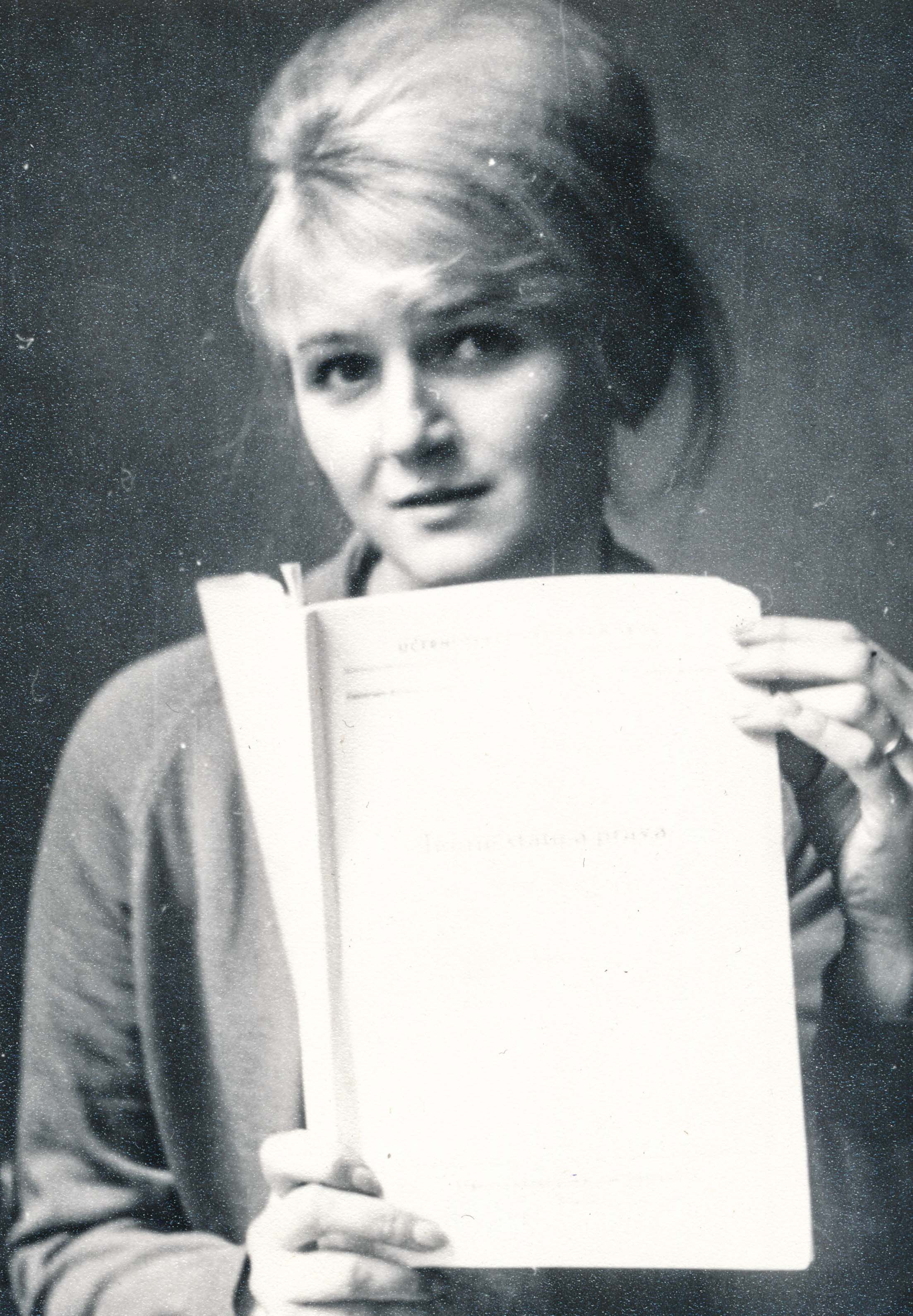The greatest value is the relationship with close people

Download image
Eva Tošovská, née Horová, was born on May 10, 1942 in Napajedla as the middle of three sisters. Her father had a hardware store, which was nationalized in 1948. Her mother, although she spoke four world languages, was a housewife with the children. In 1955, the younger sister Luba was diagnosed with a malignant tumor and died in 1957 at the age of 13. At that time, her parents also divorced and she moved with her mother and sister to Prague. Eva Tošovská was always an excellent student and from a young age she wanted to travel as much as possible. She graduated from the business academy in Resslova street in Prague and applied to study foreign trade at the University of Economics (VŠE). She was not accepted because of her father’s trade background. In 1960, she received a so-called placement in the technical branch of the Czechoslovak Academy of Sciences (CSAV) as a stenotypist. In 1962, Eva was accepted for distance learning at the Faculty of Law of Charles University in Prague, which she successfully completed in 1969. In 1964, she joined the Economic Institute of the Czechoslovak Academy of Sciences as an assistant, where the economic reformer Ota Šik was then working, and it was here that she first met the young Václav Klaus. After the invasion of the Warsaw Pact troops in 1968, the structure of the Institute changed completely and many scientists emigrated abroad. At that time, the witness’s uncle Milan Reindl also emigrated to Canada. Eva also considered emigration, and in the summer of 1969 she spent several months in Italy, but because of family commitments she remained in Czechoslovakia. In 1972 she completed a six-month internship at the Institute of Economics in Moscow. In 1974 she married Jiri Tošovský, head of the radio navigation department of Czechoslovak Airlines. In the same year their only son Jiří was born. During a tourist trip to the Soviet Union in 1977, Eva smuggled the text of the Charter 77 declaration to her Russian friends. In 1979, she began to work on environmental protection from an economic and legal perspective within the Institute. After the Revolution, the Institute of Economics was transformed into the Institute of National Economy and Eva Tosovská remained there until 2012. She has co-authored a number of publications, articles and essays in professional journals. After her retirement in 2012, she worked for two years as a volunteer at Palata, an institute for the visually impaired. In 2021 she served as a presiding judge at the District Court for Prague 5.
















